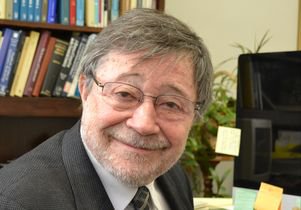 Dr. Judea Pearl is a Chancellor’s (Emeritus) Professor at UCLA and 2011 winner of the ACM Turing Award, the highest distinction in computer science, also considered Nobel Prize of Computing for fundamental contributions to artificial intelligence through the development of a calculus for probabilistic and causal reasoning. He is best known for championing the probabilistic approach to artificial intelligence and the development of Bayesian networks.
Dr. Judea Pearl is a Chancellor’s (Emeritus) Professor at UCLA and 2011 winner of the ACM Turing Award, the highest distinction in computer science, also considered Nobel Prize of Computing for fundamental contributions to artificial intelligence through the development of a calculus for probabilistic and causal reasoning. He is best known for championing the probabilistic approach to artificial intelligence and the development of Bayesian networks.
Writer of the book, The Book of Why, that lays the foundations of causal revolution, he is interested in the philosophy of science, knowledge representation, nonstandard logics, and learning. Pearl is described as "one of the giants in the field of artificial intelligence" by UCLA computer science professor Richard Korf. His work on causality has "revolutionized the understanding of causality in statistics, psychology, medicine and the social sciences" according to the Association for Computing Machinery. In 2011, he was inducted to IEEE Intelligent Systems' AI's Hall of Fame.
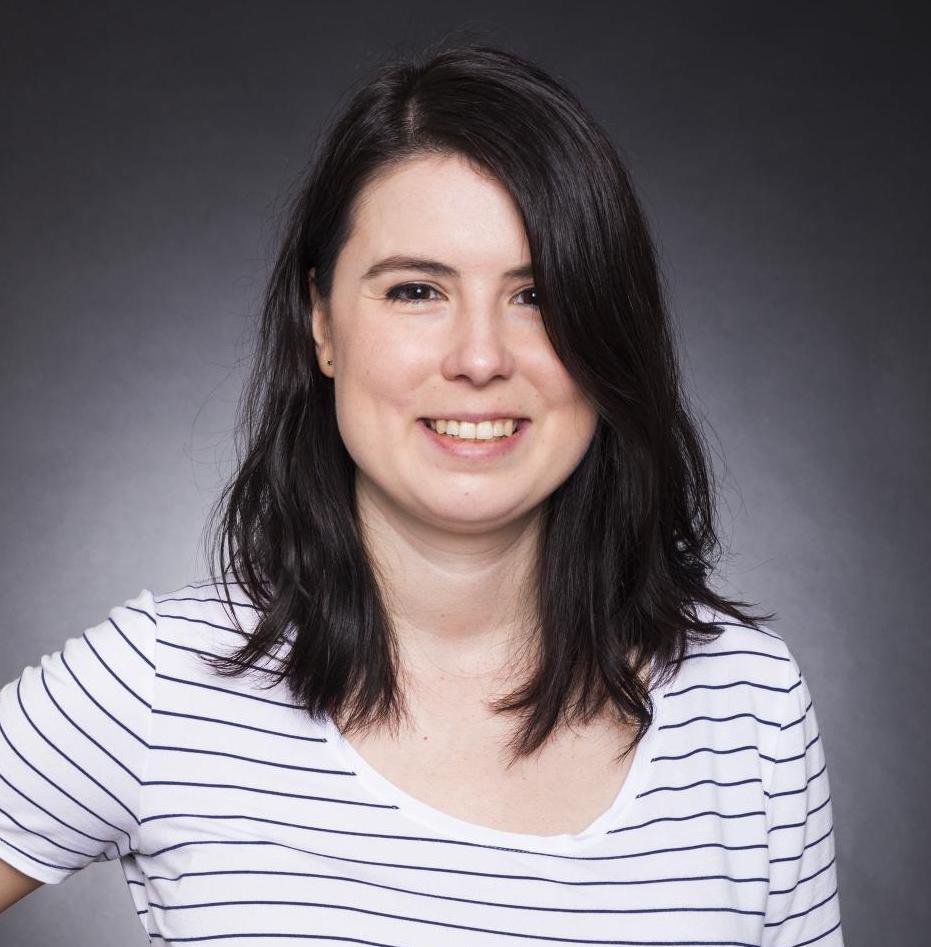 Andrea Trevino, PhD leads the Data team for League of Legends at Riot Games. League of Legends is one of the most-played games in the world, with frequent updates to expand the possibilities for players. Before joining Riot, she was the Director of Data Science for DataScience.com, now acquired by Oracle. In her past, she has designed data solutions for healthcare, adtech, digital media, ecommerce, and, of course, gaming.
Andrea Trevino, PhD leads the Data team for League of Legends at Riot Games. League of Legends is one of the most-played games in the world, with frequent updates to expand the possibilities for players. Before joining Riot, she was the Director of Data Science for DataScience.com, now acquired by Oracle. In her past, she has designed data solutions for healthcare, adtech, digital media, ecommerce, and, of course, gaming.
She received her PhD in Electrical and Computer Engineering from the University of Illinois at Urbana-Champaign. She has held research positions at MIT Lincoln Laboratory, the MIT Picower Institute for Learning and Memory, and Boys Town National Research Hospital.
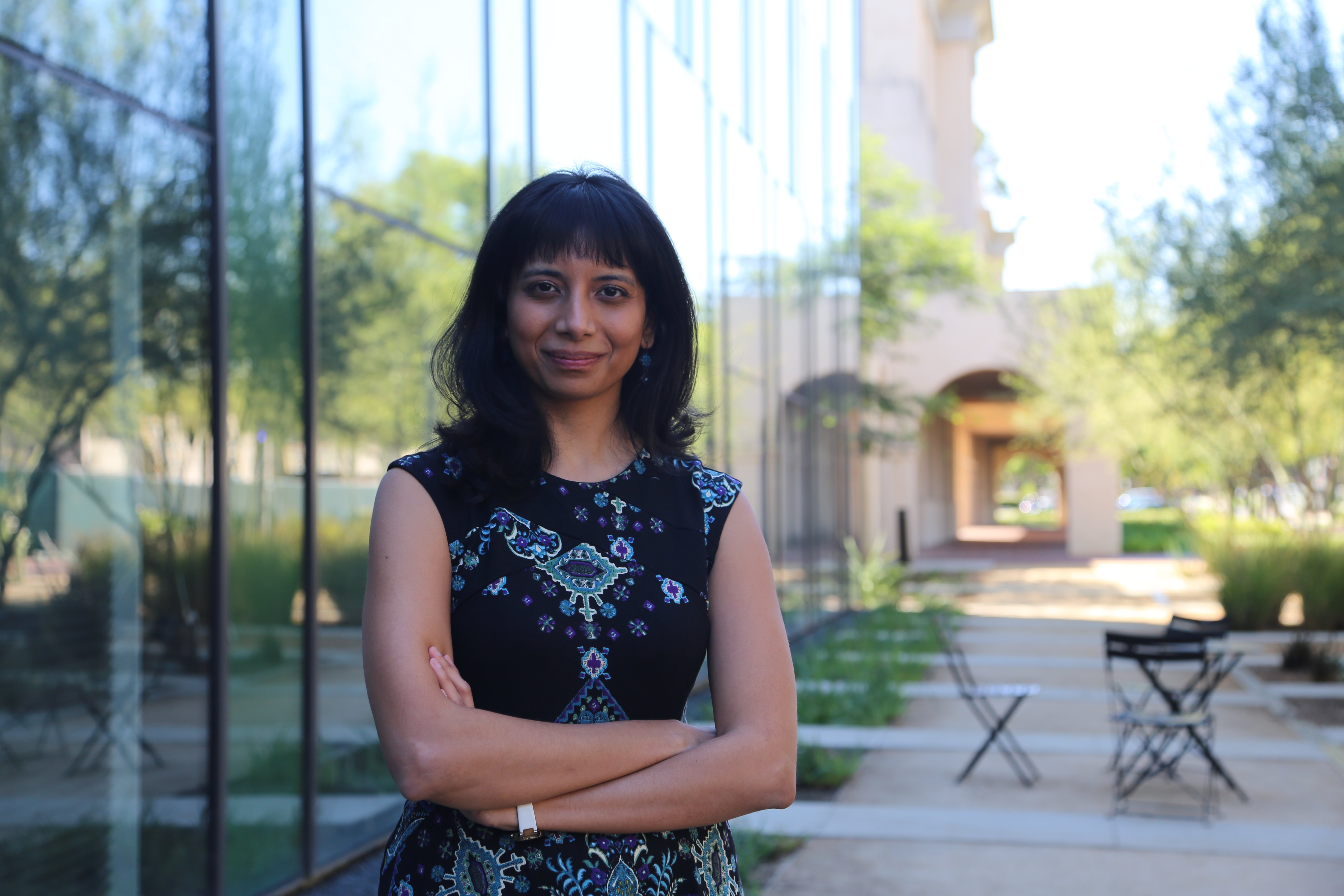 Anima Anandkumar is a Bren professor at Computing + Mathematical sciences department at Caltech and Director of Research in Machine Learning at NVIDIA. Anima Anandkumar's research interests span theory and practice of large-scale machine learning. In particular, she has been spearheading the development and analysis of tensor algorithms for machine learning. She is the recipient of several awards such as the Bren endowed chair professorship at Caltech, Alfred. P. Sloan Fellowship, Microsoft Faculty Fellowship, Google research award, ARO and AFOSR Young Investigator Awards, NSF Career Award, and several best paper awards. She received her B.Tech in Electrical Engineering from IIT Madras in 2004 and her PhD from Cornell University in 2009. She was a postdoctoral researcher at MIT from 2009 to 2010, an assistant professor at U.C. Irvine between 2010 and 2016, a visiting researcher at Microsoft Research New England in 2012 and 2014, and a Principal Scientist at Amazon Web Services between 2016-2018.
Anima Anandkumar is a Bren professor at Computing + Mathematical sciences department at Caltech and Director of Research in Machine Learning at NVIDIA. Anima Anandkumar's research interests span theory and practice of large-scale machine learning. In particular, she has been spearheading the development and analysis of tensor algorithms for machine learning. She is the recipient of several awards such as the Bren endowed chair professorship at Caltech, Alfred. P. Sloan Fellowship, Microsoft Faculty Fellowship, Google research award, ARO and AFOSR Young Investigator Awards, NSF Career Award, and several best paper awards. She received her B.Tech in Electrical Engineering from IIT Madras in 2004 and her PhD from Cornell University in 2009. She was a postdoctoral researcher at MIT from 2009 to 2010, an assistant professor at U.C. Irvine between 2010 and 2016, a visiting researcher at Microsoft Research New England in 2012 and 2014, and a Principal Scientist at Amazon Web Services between 2016-2018.
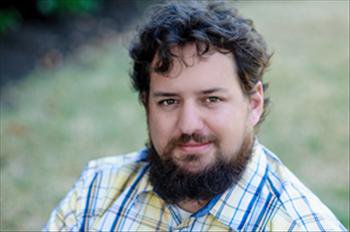 Andy Terrel is a technical executive with multiple startup experiences implementing distributed, large data applications. In his previous academic research, he is known for creating novel algorithms to speed implementations of mathematical models on the world's largest supercomputers.
Andy Terrel is a technical executive with multiple startup experiences implementing distributed, large data applications. In his previous academic research, he is known for creating novel algorithms to speed implementations of mathematical models on the world's largest supercomputers.
Andy received his Computer Science PhD at the University of Chicago in 2010. He has held research positions at Argonne National Lab, Sandia National Lab, Institute of Computational Engineering and Sciences at The University of Texas-Austin, and the Texas Advanced Computing Center. In industry, Andy served as lead developer at Kove, Inc. during its early stages, where he helped bring a record breaking SAN disk array to market. Andy also has also worked with Enthought, Inc and was part of the founding team at Continuum Analytics.
Andy is a passionate advocate for open source scientific codes. To this end, he is a board member of the NumFOCUS foundation and has been involved in the wider scientific Python community since 2006. Andy has contributed to numerous projects in the scientific stack and hopes push for data to become a first class object for scientists worldwide.
I present the various projects and argue that we have inadvertently created one of the most successful data science platforms in existence. From this vantage point, I pose some tough questions the community needs to answer: How can we present that platform more fully? How should we organize ourselves to make our work more valuable? How do we avoid a collapse of our communities?
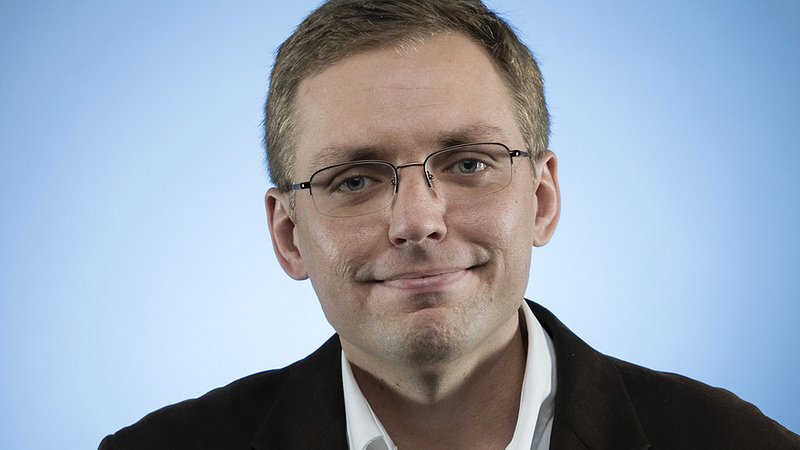 Ben Welsh is the editor of the Los Angeles Times Data Desk, a team of reporters and computer programmers that works to collect, organize, analyze and present large amounts of information.
Ben Welsh is the editor of the Los Angeles Times Data Desk, a team of reporters and computer programmers that works to collect, organize, analyze and present large amounts of information.
Ben is also a cofounder of the California Civic Data Coalition, a network of developers working to open up public data, and the organizer of PastPages, an open-source effort to archive digital news.
Projects that Ben has contributed to have been awarded the Pulitzer Prize, the Library of Congress’ Innovation Award and numerous other prizes for investigative reporting, digital design and online journalism.